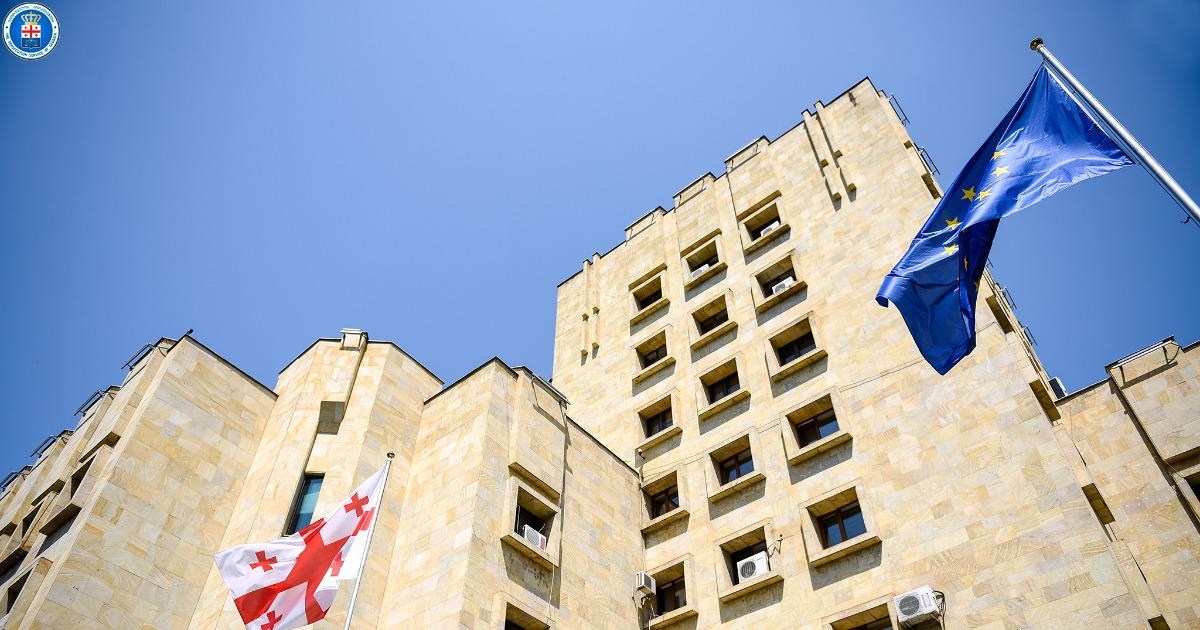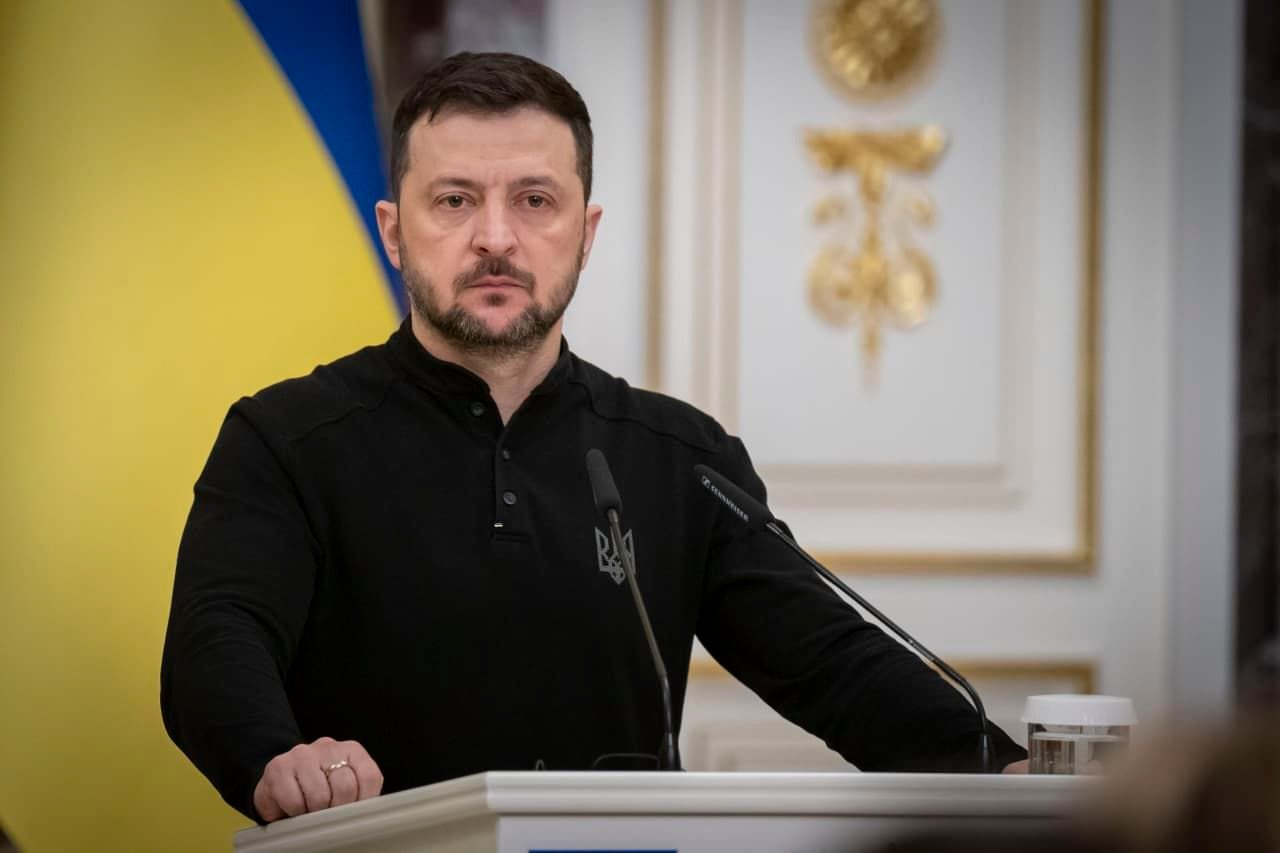European Court finds violations by Russia in Georgia “borderization” dispute case

Author
Front News Georgia
The European Court of Human Rights ruled in the case of Georgia v. Russia on Tuesday, citing multiple breaches of the European Convention. This decision addressed the contentious issue of “borderization,” a lasting repercussion of the 2008 conflict between Russia and Georgia.
The Court found Russia in violation of several articles of the European Convention on Human Rights, including right to life, prohibition of inhuman or degrading treatment, right to liberty and security, right to respect for private and family life, protection of property rights, right to education and freedom of movement.
The genesis of the “borderization” issue stems from the armed conflict in August 2008 between Georgia and Russia, which sparked a series of actions restricting movement across administrative boundary lines. These measures particularly affect the Georgian regions of Abkhazia and Tskhinvali (South Ossetia), recognized as separatist territories supported by Russia.
The Court’s decision underscored the grave impact of “borderization,” which had resulted in fatalities, arbitrary detentions, and violations of property and educational rights. It further noted the forced dichotomy imposed on children, who must choose between Russian education or perilous journeys to attend schools in Georgian-controlled areas.
In its assessment, the Court found substantial evidence, including victim lists, testimonies, media reports, and international documentation, indicating a systematic pattern of violations. The lack of effective investigations and remedial measures by Russian authorities substantiated their complicity in these practices.The Ministry of Justice of Georgia hailed the Court’s decision as “historic”.
Tags:





